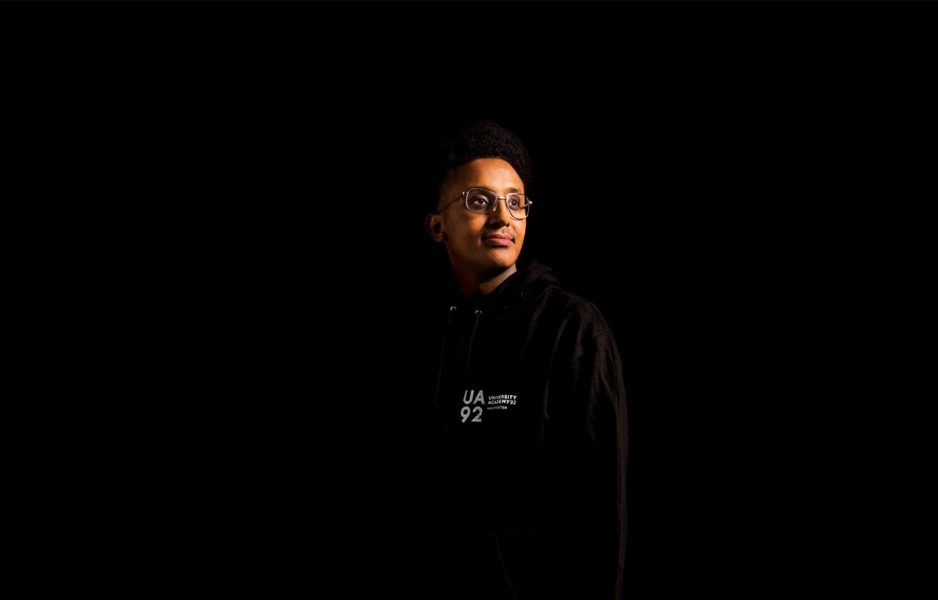What first sparked your interest in documentary filmmaking?
“I knew I wanted to be a presenter, but I wasn’t quite sure how to go about it. I was aware that I required experience and understanding of the basics. I decided to study Journalism at UA92 to further my interest. I’ve been involved in community radio since the age of 17 but I wanted to take the next step and become more involved in investigative journalism. Reggie Yates, Louis Theroux and Stacey Dooley are inspirations of mine. I find being a part of the whole process, from editing the audio to presenting, hugely rewarding.”
When did you decide to create the Bipolar & Me documentary?
“When I was diagnosed with bipolar, having already been diagnosed with ADHD, autism and anxiety, I thought my professional life was over. I began researching to see if I could lead a ‘normal life’. I began speaking with other people with mental health conditions and I reached out to a physiatrist, and family members affected by relatives with mental health conditions. Using my journalistic background, I decided to make a radio documentary to take listeners on a journey.”
How did you find it being on the other side of the dictaphone?
“I like building relationships and rapport and trust with subjects but I never anticipated how vulnerable I would have to be. It can be quite upsetting, but the whole process was my therapy. If I can share my journey and inspire others by putting myself out there, it makes it worth it. It was daunting at first, but it has taught me a lot. Men are conditioned not to speak out about emotions and the topic of mental health and neurodiversity. There were some times when I didn’t feel comfortable with sharing aspects of my life, but it was rewarding to peel those layers away like an onion.”
How did it feel to win a Breakthrough Talent Award at Production Futures ON TOUR?
“It was a very much welcomed surprise. I first met Production Futures ON TOUR at UA92, and my tutor decided to put me forward for an award based on the documentary and I received great feedback. I was overwhelmed to discover I had won an award. It has spurred me on to create further impactful and thought-provoking documentaries. I’d also like to thank UA92 for believing in me and the contributors for sharing their lived experiences that made this a reality.”
What advice would you give to others looking to follow in your footsteps?
“I’ve learned to be more resilient and not take ‘no’ for an answer. Ask for help and don’t be afraid to challenge the status quo. UA92 has shown me that despite what others may see as shortcomings, you can use them to your advantage. Neurodiversity is my superpower but I do struggle at certain things.”
Have you faced additional barriers or challenges as someone with neurodiversity?
“Growing up neurodiverse, I faced a lot of challenges and adversity. I see neurodiversity as a superpower because I can engage an audience in a way an ordinary person can’t. This was often a hindrance when I was growing up, but at UA92, it has been a blessing to tap into and be the change I want to see. I have gone on to do amazing things with Milk Education as a spokesperson and sharing my lived experiences to inspire others. In the future, I would like to be one of the few neurodiverse presenters on TV as well as creating lots of thought-provoking programmes for underrepresented groups.”
Read the entire interview in issue #274 of TPi Magazine here.


